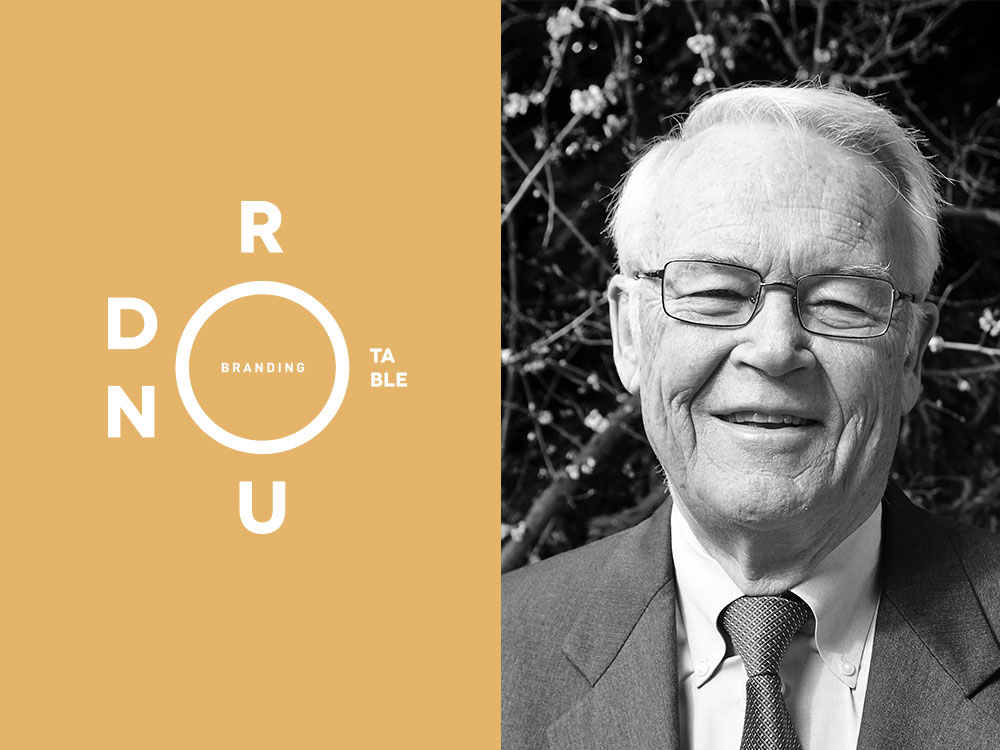
Just over a decade ago, Simon Sinek started an outpour of corporate soul searching when he implored everyone to “Start with Why.” And when we started the Branding Roundtable several years ago, one of our first editions explored brand purpose (and for those following along, one of the participants in that roundtable, Russ Stoddard, has just published a book on the power of organizational and brand purpose, entitled Rise Up).
Now, over ten years into the trend, we feel it’s time to ask “Where Is Why Going?” So we’ve turned to four leading thinkers and practitioners in the realm of organizational and brand purpose:
David Aaker, often referred to as “the father of modern branding,” is the Vice Chairman of Prophet, Professor of Marketing Strategy at Berkley Haas School of Business, and an inaugural inductee into the Marketing Hall of Fame.
Sara Roberts, is an Executive Director in the Advisory Services practice of Ernst & Young, with a focus in strategy, organizational culture, and purpose-led transformation.
KoAnn Vikoren Skrzyniarz is Founder and Chief Executive of Sustainable Life Media, producers and conveners of Sustainable Brands, the leading global learning, collaboration and commerce community of innovators focused on advancing the role of brand in shaping a flourishing future.
Jim Stengel, the former Chief Marketing Officer of Procter & Gamble, is the President/CEO of The Jim Stengel Company, an advisor to leading brands.
Download the full Branding Roundtable and read their insights on ten key questions:
- How do you define purpose today, relative to brands and the businesses they support?
- Must purpose apply to an entire brand organization or is it possible for individual brands to pursue distinctly different individual purposes? (If you will, must it be a “Purposed House” versus a “House of Purposes” approach)?
- Do you see a substantive business difference between “functionally-driven purpose” brands (see theClorox attempt at a purpose repositioning) and “higher-purpose-driven” brands seeking social benefit (ala the usual suspects such as Patagonia)?
- Millennials have often been cited as driving, or at least accelerating, the larger move to purpose. Do you see a continued dependence on generational change or will purpose become a driver across generations?
- Most purpose-related surveys report results in terms of what people believe, say, or intend. Can you point to research that is more thoroughly based on business results or behaviors than on business attitudes or intent?
- Bloomberg Businessweek recently took corporate purpose and its poster child, Unilever, to task in the article “If Unilever Can’t Make Feel-Good Capitalism Work, Who Can?” Do you see that commentary as the inevitable counter-trend criticism or do you share the concern that purpose won’t work in a shareholder-first world?
- What companies or categories do you see having the most comprehensive success with purpose these days?
- Conversely, what companies or categories are struggling the most with purpose (either ignoring it or failing to live up to its promise)?
- What’s your advice to organizations that have yet to embrace purpose (if, indeed, you think they should)?
- And finally, during this era in which regard for traditional institutions of belief and purpose (especially government and religion) is arguably in decline, how far can purpose-driven brands credibly step up to support the human search for meaning?
It’s a lively discussion, and our renowned experts don’t always agree.